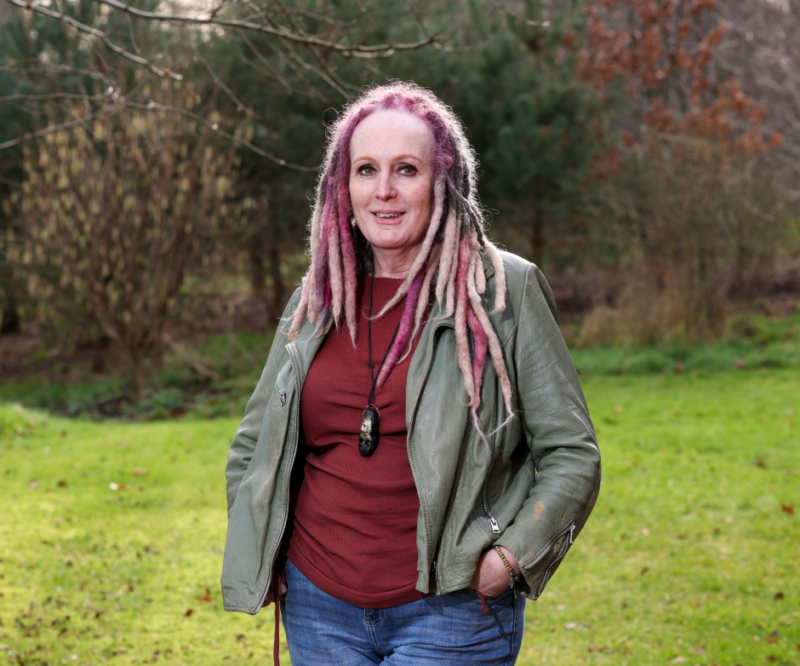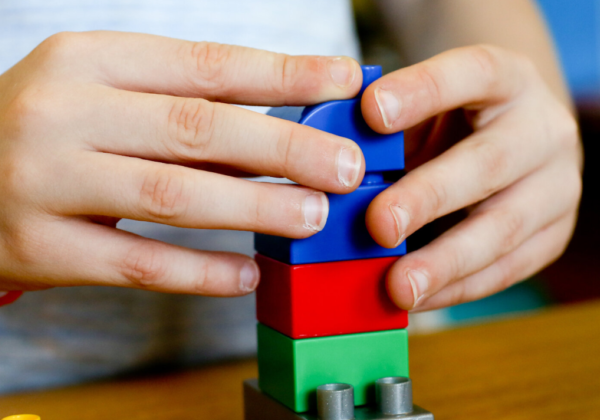Autism assessment and autism diagnosis is based on the medical definition of autism. This says that all autistic people will have significant difference or difficulty in:
- Social Communication and reciprocal Social Interactions.
- Restricted, Repetitive and Inflexible Patterns of Behaviour (including sensory processing differences).
As autism is a spectrum, every autistic person will have different needs in these areas.
It is important to recognise that this medical model and language related to autism can have a very negative focus. The social model of disability recognises that many of the difficulties faced by autistic people are because services and supports are not designed for autistic or neurodivergent people. Improving accessibility and inclusion across services can support autistic people to experience less difficulties and reach their full potential.

Diagnosis in children
If you are seeking an autism assessment for your child, or have recently been referred, you may have questions about what to expect. Understanding the process can help you feel more prepared and supported during this time.
Currently, 1 in 17 children and young people in NI have an autism diagnosis (DHSSPS, 2025).
Autism assessments are available through each Health and Social Care Trust in NI. Waiting times for assessment and diagnosis vary across Trust areas. A summary of the autism assessment process is below.
Our Helpline service can provide further individualised support and information about assessment and diagnosis.

Diagnosis in adults
Autism is lifelong and there are many autistic adults within Northern Ireland. However, up to date and accurate prevalence rates for adults are harder to get, because there are lots of people undiagnosed or awaiting assessment.
Some people don’t find out they are autistic until they are adults. This is because we now know more about autism than we did in the past. Many adults only realise they might be autistic after helping a family member or friend through an autism assessment and noticing they have similar traits or experiences.
Some people feel sure they are autistic but haven’t had a formal diagnosis. This may be because it’s hard to get referred for an assessment, or because the waiting list is very long - sometimes more than five years in some areas.
Increasingly, there are many adults who seek a formal autism assessment to give them answers, further information, and access to support. You can access assessment and diagnostic services through your Health and Social Care Trust.
A summary of the autism assessment process is below. Our Helpline service can provide further individualised support and information about assessment and diagnosis.
Contact our Helpline
If you would like further information and support regarding diagnosis, please contact our Helpline on 028 9040 1729 (Option 1) or by email (info@autismni.org).
